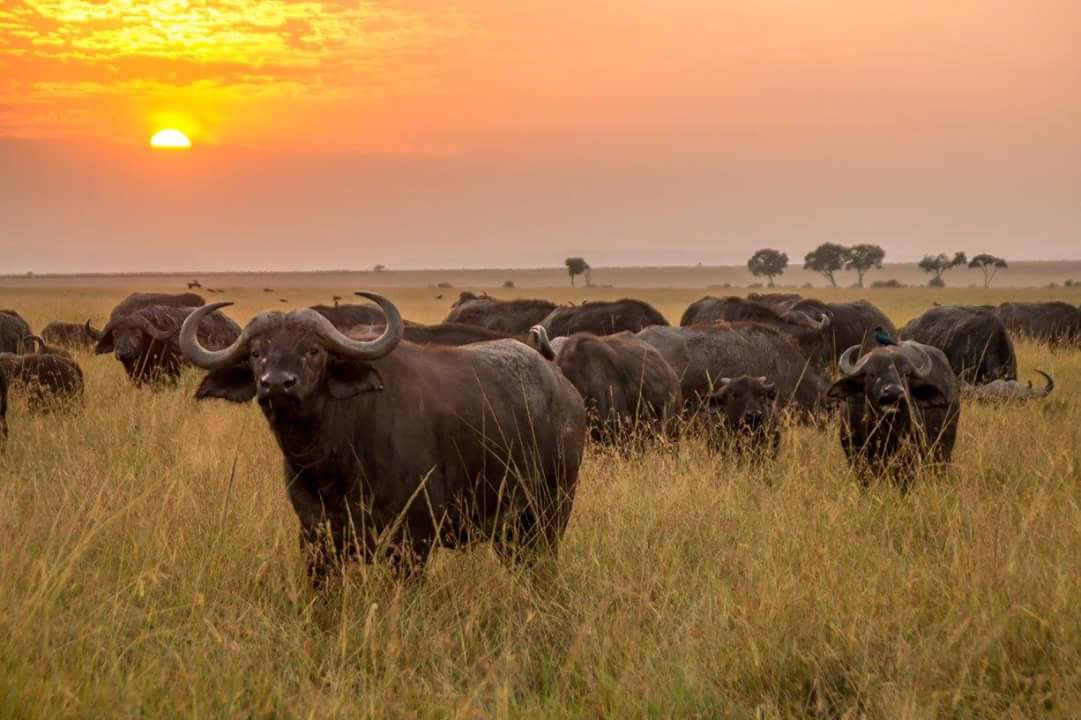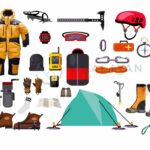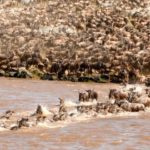How to plan for a Kenya safari
Kenya safari
Planning a Kenyan safari involves several key steps to ensure a smooth and enjoyable experience. Here’s a general guide on how to plan a Kenyan safari:
Determine Your Interests:
Start by identifying your interests and preferences. Do you want to focus on wildlife viewing, birdwatching, cultural interactions, or a combination? Understanding your priorities will help you choose the right destinations and activities.
Research Destinations: Kenya offers a range of national parks, reserves, and conservancies. Research various destinations such as Maasai Mara, Amboseli, Tsavo, Samburu, Lake Nakuru, and others to learn about their unique wildlife, landscapes, and attractions. Consider factors like accessibility, wildlife concentrations, and the best time to visit each location.
Decide on the Safari Duration:
Determine how much time you have available for your safari. A typical safari duration in Kenya is around 7 to 10 days, but you can adjust it based on your preferences and available time.
Choose a Safari Operator:
Delight rose safaris is a reputable safari operator which is crucial for a well-organized and safe experience.Delight rose safaris is an operator with good reviews, extensive knowledge of Kenya, experienced guides, and a commitment to responsible tourism. Seek recommendations from friends, read online reviews, and compare safari packages to find the operator that best suits your needs and budget.We at delight rose safaris are experienced and ready to help you.
Plan Your Itinerary:
Work with your chosen safari operator to design a customized itinerary based on your interests, preferred destinations, and budget. Consider factors like travel logistics, transportation, accommodation preferences (lodges, tented camps), and activities (game drives, guided walks, cultural visits). Ensure that your itinerary allows ample time for wildlife viewing and photography opportunities.
Consider Additional Experiences:
Explore opportunities to include unique experiences in your itinerary, such as hot air balloon safaris, guided nature walks, bush dinners, or visits to local communities to enhance your overall safari experience.
Check Travel Requirements:
Verify the entry requirements for Kenya, including visa regulations, passport validity, and any necessary vaccinations. Ensure you have the required documents and follow any health and safety guidelines.
- Pack Appropriately: Pack essential items such as lightweight and comfortable clothing, a hat, sunscreen, insect repellent, binoculars, a camera with extra batteries and memory cards, a universal power adapter, and any required medications. Pack lightly and consider weight restrictions for domestic flights if applicable.
- Arrange Transportation: If you’re flying into Nairobi, arrange airport transfers with your safari operator. If you plan to travel within Kenya, discuss transportation options such as domestic flights or road transfers between destinations. Ensure all transportation logistics are well-organized and communicated to you.
- Stay Informed and Flexible: Stay updated on any travel advisories, weather conditions, and local news in Kenya. It’s essential to remain flexible as safari experiences can be influenced by wildlife movements and unforeseen circumstances.
Remember, each safari is unique, and it’s important to communicate your preferences and expectations with your safari operator to create a personalized itinerary that aligns with your interests. With careful planning, you can enjoy an unforgettable safari experience in the captivating wilderness of Kenya.
All the above will help you on how to plan for Kenya safari




















musang 288August 22, 2023
I am actually happy to read this weblog posts which consists of
plenty of valuable facts, thanks for providing such information.
Delight SafarisAugust 22, 2023
https://delightsafaris.blogspot.com/2022/10/kenya-safari.html
Delight SafarisAugust 22, 2023
https://delightsafaris.blogspot.com/
penis pembesar|pornAugust 29, 2023
great submit, very informative. I ponder why the other specialists of this sector do not notice this.
You should continue your writing. I’m confident, you’ve a huge readers’ base already!